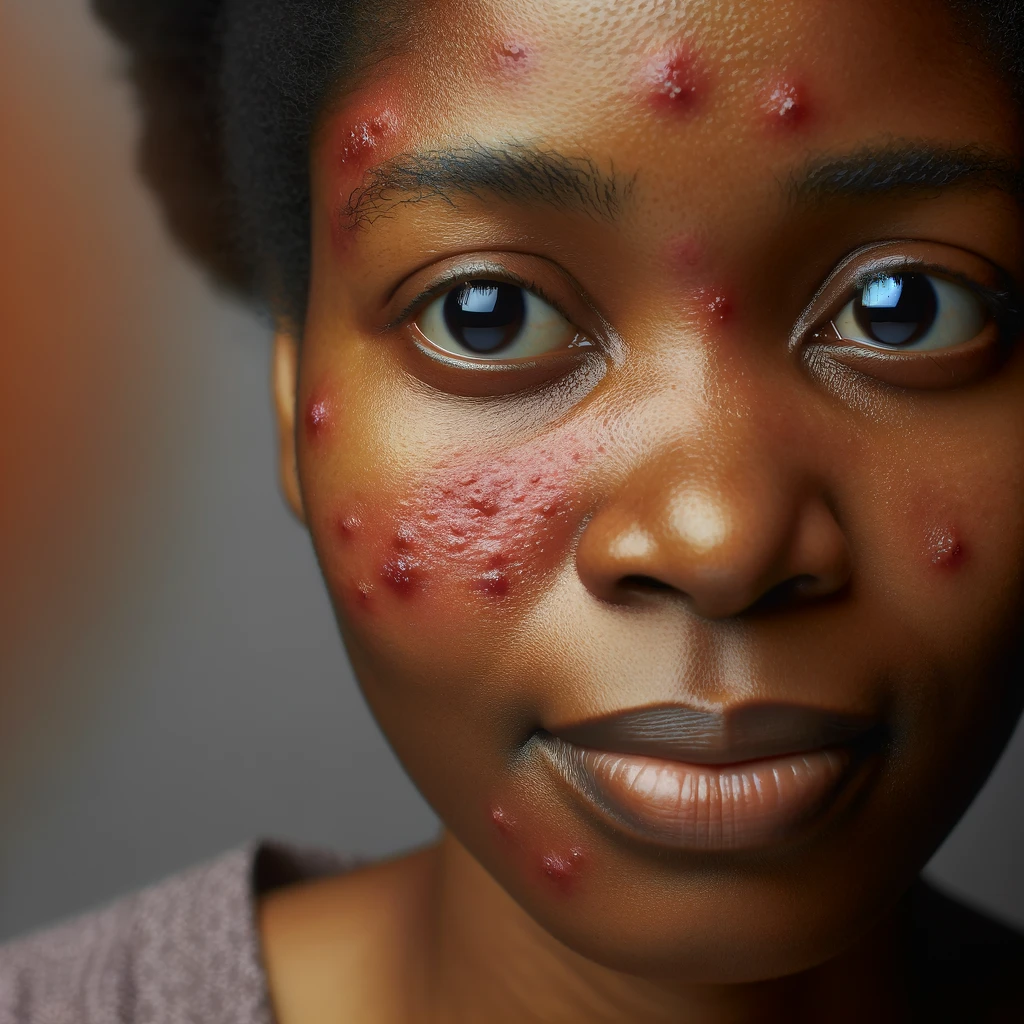In today’s fast-paced world, stress has become an unavoidable part of life. While we often associate stress with mental and emotional strain, its effects can manifest physically, particularly on our skin. Stress-related breakouts are a common concern for many, but the good news is that there are effective ways to manage them.
When we’re stressed, our bodies produce more cortisol, the stress hormone. Elevated cortisol levels can lead to increased oil production in the skin, clogged pores, inflammation, and breakouts. Additionally, stress can disrupt the skin’s natural barrier function, making it more susceptible to environmental aggressors and bacterial infections.
Tip 1: Prioritize Self-Care
One of the most effective ways to combat stress-related breakouts is prioritizing self-care. Make time for activities that help you relax and unwind, such as meditation, yoga, or spending time in nature. Engaging in regular exercise not only reduces stress but also improves circulation, which can promote healthier skin. Remember to prioritize sleep because lack of sleep can exacerbate stress and lead to dull, tired-looking skin.
Tip 2: Follow a Consistent Skincare Routine
Establishing a consistent skincare routine is crucial for managing stress-related breakouts. Choose products that are gentle yet effective. Avoid harsh ingredients that can further irritate the skin. Cleanse your face twice daily to remove dirt, oil, and impurities, and follow up with a lightweight, non-comedogenic moisturizer to keep your skin hydrated without clogging pores. Incorporating products with ingredients such as salicylic acid or benzoyl peroxide can help target acne-causing bacteria and prevent breakouts.
Tip 3: Practice Stress-Relief Techniques
Finding healthy ways to manage stress is key to preventing stress-related breakouts. Experiment with different stress-relief techniques to discover what works best for you. Deep breathing exercises, progressive muscle relaxation, and aromatherapy are all effective methods for reducing stress levels. Additionally, consider incorporating adaptogenic herbs like ashwagandha or holy basil into your routine, as they can help support your body’s natural response to stress.
Tip 4: Maintain a Balanced Diet
What you put into your body has a significant impact on your skin’s health. Aim to eat a balanced diet rich in fruits, vegetables, lean proteins, and healthy fats. Foods high in antioxidants, such as berries, leafy greens, and nuts, can help protect your skin from oxidative stress and inflammation. Limit your intake of processed foods, sugary snacks, and excessive caffeine, as these can exacerbate stress and contribute to breakouts.
Tip 5: Seek Professional Help When Needed
If stress-related breakouts persist despite your best efforts, don’t hesitate to seek professional help. A dermatologist can assess your skin type and recommend personalized treatments to address your specific concerns. This may include prescription medications, topical treatments, or in-office procedures like chemical peels or laser therapy. Remember that skincare is not one-size-fits-all, so finding the right approach may require some trial and error.
Managing stress-related breakouts requires a holistic approach that addresses both the underlying stressors and their effects on the skin. By prioritizing self-care, following a consistent skincare routine, practising stress-relief techniques, maintaining a balanced diet, and seeking professional help when needed, you can effectively keep your skin clear and your stress levels in check. Remember, a healthy mind and body go hand in hand, so take the time to nurture both radiant skin and overall well-being.

